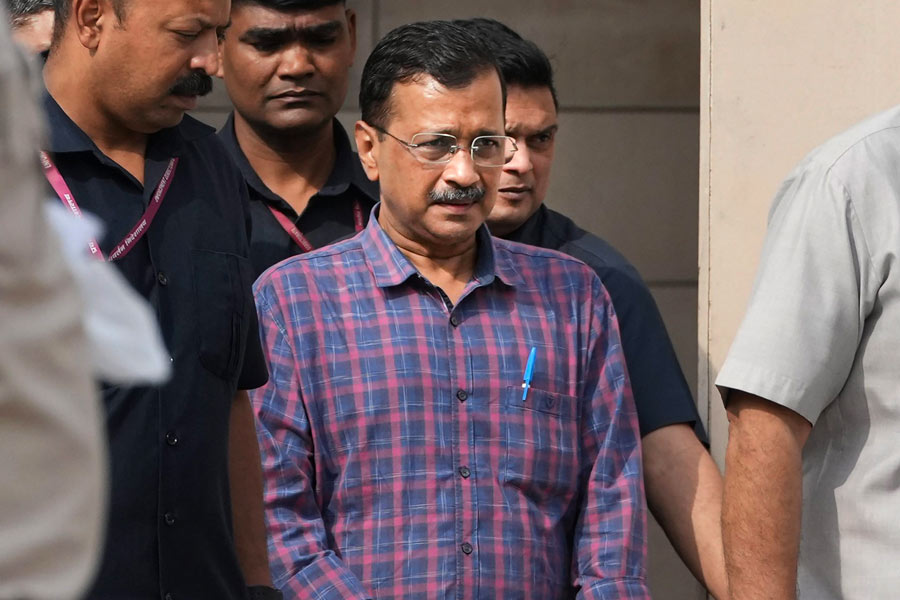
The Delhi High Court recently made headlines by dismissing a plea seeking the release of Delhi Chief Minister Arvind Kejriwal on “extraordinary interim bail” in all criminal cases registered by the Enforcement Directorate and the State until the completion of his tenure. The court also imposed a hefty fine of ₹75,000 on the petitioner.
The plea, filed by a fourth-year law student under the name ‘We the People of India’, argued that Kejriwal’s safety was at risk as he was confined in Tihar Jail with hardcore criminals facing prosecution in serious cases like rape, dacoity, murder, and bomb blasts. However, the court found the plea not maintainable, stating that courts in their writ jurisdiction cannot grant extraordinary interim bail in pending cases against high officeholders.
Senior Advocate Rahul Mehra, representing Kejriwal, criticized the PIL as “completely impermissible” and “misguided,” accusing the petitioner of using the court as a political platform. Mehra pointed out that similar pleas had been previously dismissed by the same bench, with the most recent one incurring a cost of ₹50,000.
The court rebuked the petitioner, questioning their understanding of legal principles and their attendance in law school. Acting Chief Justice Manmohan remarked that the petitioner’s claim to represent the people of India lacked any foundation. The court also noted the petitioner’s offer to extend a personal bond for Kejriwal, emphasizing that the petitioner had no authority to make such commitments on Kejriwal’s behalf.
In its final ruling, the Delhi High Court upheld Kejriwal’s judicial custody, emphasizing that his confinement was based on court orders and dismissing the plea as legally untenable. This decision underscores the judiciary’s adherence to legal protocols and its refusal to entertain politically motivated petitions.
Sources By Agencies




